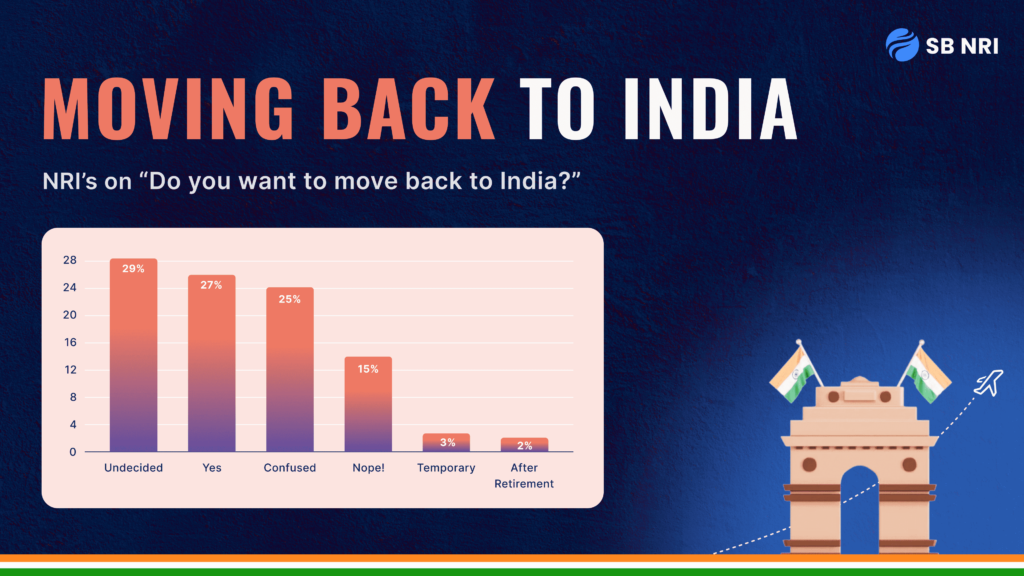
As you approach the age of 35, you’re likely to find yourself settled or well-established in your career, possibly with a family to support. This stage of life brings a deeper understanding of the importance of financial discipline and planning. If you’ve been careless with your finances at the previous stage of life, reaching 35 is a wake-up call to look into your financial habits and goals. By age 35, you should have a clear understanding of your financial situation and actively work towards long-term goals such as homeownership, family planning, and retirement savings. Let’s talk about financial planning at 35 you should focus on.
7-Step Financial Planning at 35 You Should Do
Here are 7 financial planning at 35 ideas and checks that you should take a look at:
1. Focus on Long-Term Financial Plans
New and inexperienced investors are often attracted to get-rich-quick schemes and look for instant gratification or profits. Most successful investors advise against this approach. They suggest investing in things you understand well, as investing without knowledge is near to gambling with your money. It is always recommended to invest from a long-term perspective to build lasting wealth. Long-term investments include:
Also read: Best NRI Investments in India: Top 10 Investment Options for NRIs/OCIs in India 2024
2. Minimize Impulse Buying
You went to the mall to buy jeans but ended up buying an entire wardrobe worth of clothes, just because you had an impulse. Or you go for groceries and start buying cosmetics, gadgets, and exotic foods. Malls are set up to tempt you into impulse buying, but it’s important to stay disciplined and stick to your shopping list, especially when using your credit card. It is suggested to make a list of things to want and follow that in the malls otherwise everything will excite you. Making and following a list will make your financial monthly planning easy.
Also read: How understanding the Rule of 8-4-3 can turn your Rs 30,000 monthly into Rs 1.5 cr?
3. Create a Monthly Budget
Once you start earning it is very important for you to make a monthly budget and not to overspend. In the beginning, track your daily expenses to know your monthly spending. Fix your investment goals for milestones like buying a car, marriage, or a home. Consider investing in markets that will give good returns and wealth accumulation in the long run. For example, Nifty50 has given an average return of 14.6% in the last 15 years. Setting aside a budget for expenditure, savings, and investments will help you to build a good corpus in the future for your financial goals.
Also read: What Is the 50/30/20 Rule and How to Use It?

4. Have an Insurance Policy
At the age of 35, it’s crucial to review your insurance policies to ensure you have adequate coverage to protect yourself and your loved ones in various scenarios. Start with health insurance, which is essential for managing medical expenses and safeguarding against unexpected healthcare costs. Consider factors such as deductibles, co-payments, and coverage limits to ensure your health insurance meets your needs. As your life circumstances change, such as getting married, having children, or purchasing a home, adjust your insurance coverage accordingly to provide comprehensive financial protection for yourself and your loved ones.
Also read: What is the 15x15x15 Rule In Mutual Funds for NRIs?
5. Prioritize Paying-off Debt
Paying off debts is very important in more than one way as it,
- Provides you with more cash flow in the future.
- Makes your credit score strong.
- Reduces stress as paying off your debts takes off the burden.
You can pay off your debt by mainly two methods.
- Snowball method: Here you pay off small debts or loans first. Here you start from taking small steps first and then move on to bigger ones.
- Avalanche approach: Here you pay off loans or debts with higher interest rates first and then move on to the lower ones.
Both of these methods are important as your end goal is to get rid of the debt. You need to choose what methods work best for you. To achieve financial freedom you need to get rid of the debts.
Also read: What Is Financial Freedom and 5 Ways to Achieve It
6. Reduce Your Credit Card Usage
Using your credit card to make impulsive purchases and converting them into easy EMIs may seem easy and comfortable, but it can lead to financial trouble. While credit cards offer purchasing power, they also come with the responsibility of managing your spending wisely. If you give in to impulsive buying, you risk accumulating debt that can be difficult to repay. Therefore, it’s important to use your credit card responsibly and avoid making impulsive purchases that could negatively impact your finances.
Also read: IDFC FIRST WOW! Credit Card for NRIs Review: Zero Markup Fee & Extra Charges
7. Build an Emergency Fund
Unexpected costs can disrupt your path to financial freedom, so it’s important to be prepared. This fund is designed to cover unexpected or urgent expenses. For example, if you’ve already budgeted for a month and saved some money, it’s wise to set aside three to six months’ worth of income as an emergency fund. This way, you won’t have to use your investments in case of an emergency.
Also read: Want to Build Funds for Retirement in India as NRI/OCI? Read This
Wrapping Up
As you enter your mid-thirties, taking important steps to build your financial base can set you up for long-term success and stability. By doing regular financial check-ups and making adjustments as needed, you can handle your life’s financial challenges with confidence and achieve your financial goals. Remember, it’s never too late to start or improve your financial situation, so take control of your finances today and secure a brighter tomorrow.
Invest in NRI Mutual Funds with SBNRI
NRIs can now download the SBNRI App and choose to invest in different NRI mutual fund schemes in India with ease. You can also get detailed mutual fund advice from experts at SBNRI. Also, visit our blog and YouTube channel for more details.
SBNRI is an authorized Mutual Fund Distributor platform & registered with the Association of Mutual Funds in India (AMFI). ARN No. 246671. NRIs willing to invest in mutual funds in India can download the SBNRI App to choose from 2,000+ mutual fund schemes or can connect with the SBNRI wealth team to better understand Mutual Fund investments.
FAQs
How much money should I have at age 35?
- It is great to have two times your annual salary in net worth by age 35. So, for example, if you earn a median income of Rs. 75,000, you would aim to have Rs. 150,000 in savings by age 35.
Is 35 too old to start saving?
- It is never too late to start investing money. However, The later you start, the more constraints like,
- Approaching the age to retire.
- Required minimum distributions (RMDs).
- Increased expenses and responsibilities.
What is the 50 30 20 rule?
- The 50-30-20 rule suggests putting:
- 50% of your money toward needs.
- 30% toward wants.
- 20% toward savings.
- The savings category also includes money you will need to achieve your future goals.
How can I get financially free at 30?
- To be financially free at 30 you need to:
- Cut unnecessary expenses
- Negotiate bills
- Save more
- Invest more
- By minimizing debt and managing your expenses better you achieve your financial goals.
How can I secure my future?
- To secure yourself financially you should:
- Track your spending.
- Pay-off debts on time.
- Maintain your credit score.
- Save more.
- Follow your monthly budget.
What are the 5 steps to financial freedom?
- Here are 5 steps to put you on the path to financial freedom.
- Build emergency funds for uncertain situations.
- Make a financial plan and goal
- Make and follow a monthly budget
- Pay-off debts
- Start saving now



